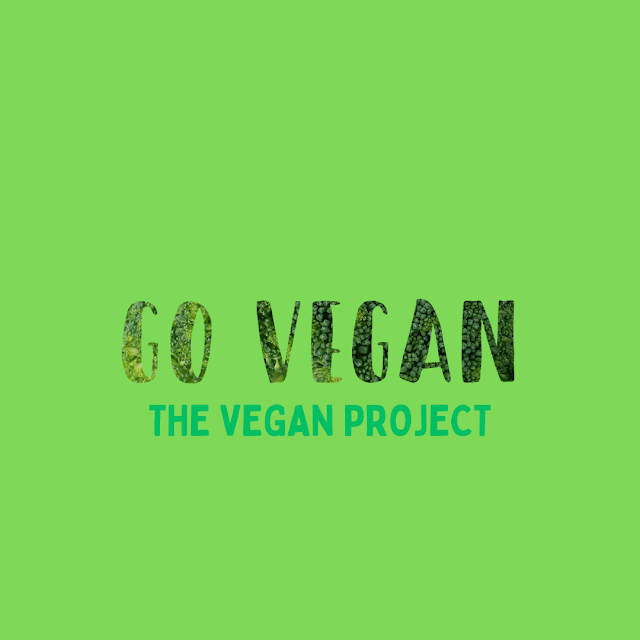The vegan movement has gained momentum due to its ethical stance and potential health benefits. However, like any lifestyle, veganism is subject to misconceptions. In this comprehensive article, we'll address some common misunderstandings within the vegan community. Let's explore the intricacies of veganism and gain a deeper understanding.
The Protein Puzzle
Vegans are often asked about protein sources. While plant-based diets can provide adequate protein, it's important not to solely rely on fruits and vegetables. Incorporating legumes like lentils and chickpeas ensures a balanced amino acid intake. Diversifying protein sources supports overall nutrition.
Beyond Superfoods
Superfoods like quinoa and chia seeds are popular, but you don't need exotic foods for health. Focusing on nutrient-dense, accessible foods like fruits and vegetables is key. Let's prioritize affordability and availability over trendy superfoods.
Ethical Awareness
Vegans often choose their lifestyle ethically. However, some vegan products might still involve unethical labor practices. Ethical considerations should extend to human rights as well. Research brands to ensure alignment with both animal and human welfare.
Holistic Environmental Responsibility
While veganism reduces carbon footprints, environmental responsibility extends further. Address issues like fast fashion and plastic usage, transcending diet choices. Embrace a comprehensive commitment to sustainability.
Navigating Health Claims
Not all vegan options are healthy. Vegan junk food exists, so focus on whole, unprocessed foods. Don't fall into the trap of indulging in unhealthy plant-based alternatives.
Breaking Stereotypes
Vegans encounter stereotypes and stigma. Approach conversations open-mindedly, fostering understanding. Respect and empathy can challenge negative perceptions.
Balanced Nutrition
Certain nutrients are abundant in animal products. Supplement or opt for fortified foods to meet your needs. Consult healthcare professionals for tailored guidance.
Convenience and Health
Vegan convenience foods are prevalent, but they may lack nutritional value. Enjoy them occasionally, but prioritize whole foods for long-term health.
Effective Activism
Passionate activism is commendable, but extreme approaches can alienate others. Effective activism involves educating and inspiring, not intimidating or guilting. Strike a balance to create a positive impact.
Embracing Simplicity
Veganism is straightforward—avoid animal products. Some unnecessarily complicate it with elaborate plans. Remember, simplicity attracts newcomers. Veganism can be as easy or intricate as you choose.
By addressing these misconceptions, we can foster a more informed and compassionate approach to veganism. Let's encourage thoughtful discussions and promote understanding within the community. Sources:
Plant-Based Protein Sources:
- "Top 10 Plant-Based Protein Sources" by Healthline: https://www.healthline.com/nutrition/protein-for-vegans-vegetarians
Nutrient-Dense Foods:
- "Nutrient Density: The Key to Feeling Full and Losing Weight" by Mayo Clinic: https://www.mayoclinic.org/healthy-lifestyle/nutrition-and-healthy-eating/expert-answers/nutrient-density/faq-20058439
Ethical Consumerism:
- "Ethical Consumer" - A platform to research the ethics of brands and products: https://www.ethicalconsumer.org/
Environmental Responsibility:
- "Sustainable Living: Small Steps, Big Impact" by World Wildlife Fund: https://www.worldwildlife.org/initiatives/sustainable-living
Balanced Nutrition on a Vegan Diet:
- "The Vegan RD" - A registered dietitian's blog on vegan nutrition: http://www.theveganrd.com/
- "Vegan Health" - Comprehensive information on vegan nutrition: https://veganhealth.org/
Effective Activism:
- "Effective Animal Advocacy" by Animal Charity Evaluators: https://animalcharityevaluators.org/research/advocacy-interventions/effective-animal-advocacy/
Vegan Recipes and Simplicity:
- "Minimalist Baker" - Simple and delicious vegan recipes: https://minimalistbaker.com/
- "Oh She Glows" - Popular vegan recipes blog: https://ohsheglows.com/
Vegan Community and Discussions:
- Reddit's r/vegan: https://www.reddit.com/r/vegan/
- Vegan Forums: https://www.veganforum.org/
These resources can help you explore various aspects of veganism, from nutrition to ethical considerations and effective advocacy. Remember that individual needs and preferences vary, so it's important to research, consult professionals when needed, and make choices that align with your values and well-being.

Comments
Post a Comment
We welcome your input!